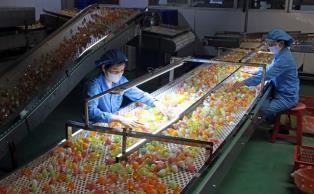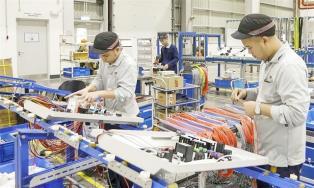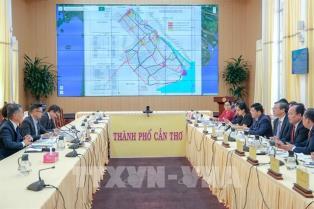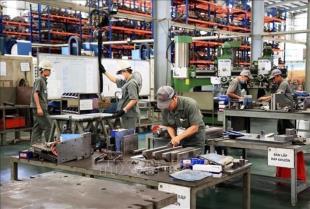Experts warn that firms must strengthen governance, auditing, traceability, and compliance with international law to withstand growing trade defence measures and safeguard their markets.
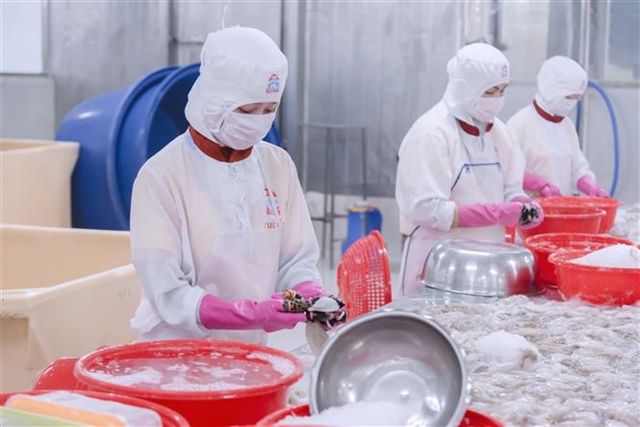
HÀ NỘI — Global trade brings both new opportunities and tougher risks for Vietnamese exporters. Experts warn that firms must strengthen governance, auditing, traceability, and compliance with international law to withstand growing trade defence measures and safeguard their markets.
Việt Nam has already faced hundreds of trade defence cases in key sectors such as steel, wood, textiles and seafood. Strong export growth and competitive prices have triggered claims that Vietnamese goods threaten domestic industries abroad.
At the same time, global supply chain changes and shifting investment flows have raised the risk of investigations into origin fraud, tax evasion and dumping.
A single anti-dumping or anti-subsidy ruling can wipe out the competitive edge of Vietnamese products and damage hard-won market share. Such outcomes not only hurt exporters but also harm Việt Nam’s trade reputation.
Yet, according to experts, many firms remain reluctant to cooperate fully in investigations. Concerns about legal costs and the disclosure of financial or production data lead to delays or incomplete responses. This often results in higher anti-dumping duties, placing exporters at a disadvantage.
According to lawyer Nguyễn Thanh Hà, chairman of SB LAW, trade defence regulations are becoming stricter and more complex. Procedures now demand careful preparation and professional capacity from exporters.
“This is both a challenge and a warning for businesses. They must invest more seriously in corporate governance, auditing systems, traceability and, above all, compliance with international law,” he said.
Such investment is not optional, Hà said, adding that in today’s tightly regulated trade environment, legal preparedness and proactive responses to trade defence actions will decide whether a company can survive and grow in global markets.
Government support is also critical.
The Ministry of Industry and Trade (MoIT) plays a key role in building an effective early-warning system, helping firms detect risks in time. It is also strengthening legal training and technical support so companies understand how to cooperate during investigations.
Deputy director of the Trade Remedies Authority Chu Thắng Trung said Việt Nam has faced more than 290 investigations by mid-2025, including 14 new cases in the first half of this year alone – one of the highest levels ever.
The authority is monitoring more than 300 export products in major markets such as the EU, India, ASEAN, Canada and Mexico. Each year, it issues early warnings on 20–30 high-risk products so exporters can prepare documents, adjust production and manage export strategies.
Training sessions and seminars have also been organised to share lessons from previous cases. Some outcomes have been positive.
Hòa Phát’s hot-rolled coil (HRC) steel recently cleared trade defence hurdles in both India and Europe, as Indian authorities closed an anti-dumping probe without duties and the EU excluded its products from a provisional tariff list, preserving Việt Nam’s edge in tough markets.
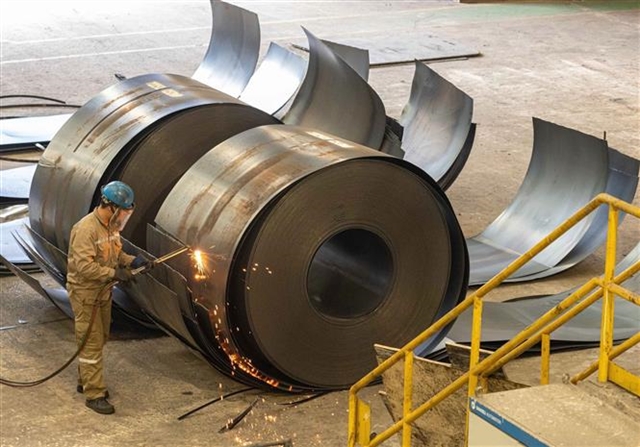
The legal framework is being strengthened as well.
Decree No. 86/2025/NĐ-CP and Circular No. 26/2025/TT-BCT, both issued this year, provide clearer procedures and responsibilities in trade defence cases. These measures not only give regulators stronger tools to protect domestic industries but also help businesses understand their rights and obligations, reducing risks in export activities.
Looking ahead, the MoIT will host the second Trade Defence Forum in HCM City and other training programmes across provinces. These events aim to provide the latest global updates, foster coordination and build networks that can support firms from the first signs of risk.
Experts stress that firms must adapt by setting up compliance teams, ensuring transparency, following origin rules and cooperating with regulators to manage risks and secure fairer outcomes.
Industry associations must also act as a bridge, collecting the voices of members and ensuring no company is 'left behind' during a trade case. Their role in information-sharing and coordination will be vital.
Trade defence is an inevitable part of global integration. By shifting from passive to proactive action and building stronger 'resistance' through governance, transparency and cooperation, Vietnamese enterprises can better protect markets and ensure sustainable growth. — VNS

